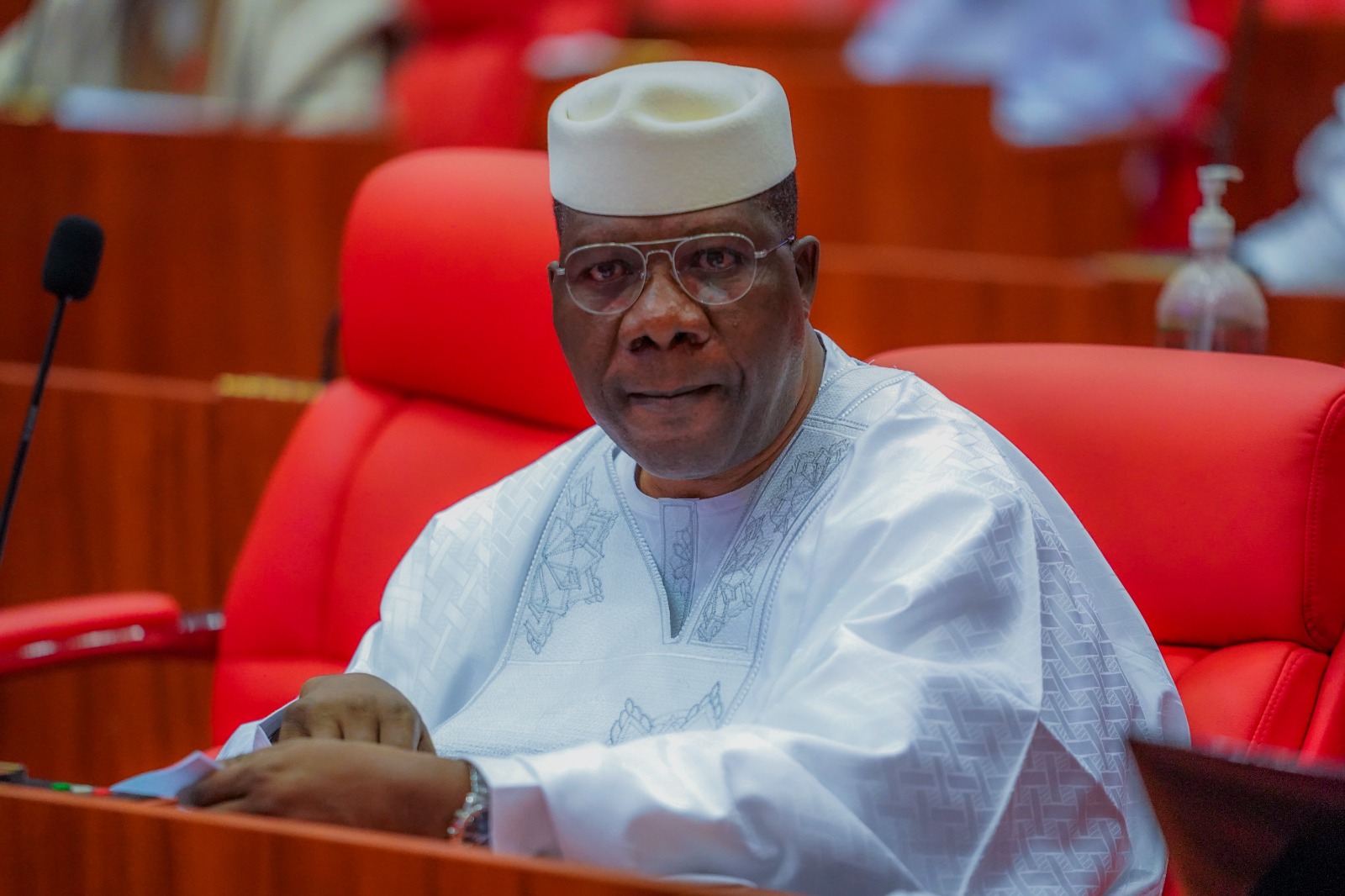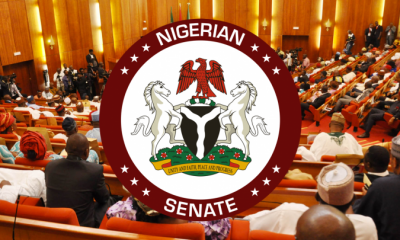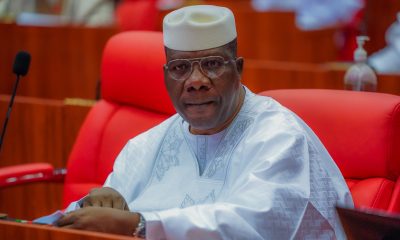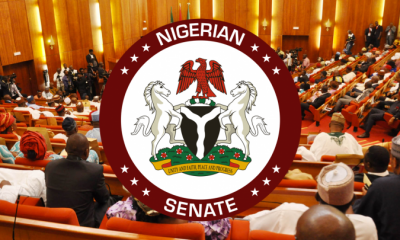Malam Kashifu Abdullahi, Director-General (DG), National Information Technology Development Agency (NITDA) has said the use of Treasury Single Account (TSA) and Bank Verification Number (BVN) have eliminated ghost workers on governments payroll.
Abdullahi revealed this during the 2021 Pre-Democracy day conference organised by the Global Integrity Crusade Network (GICN) in collaboration with Transparency Advocacy for Development Initiative (TADI) on Friday in Abuja.
The conference with the theme: “Appraising the Impact of President Muhammadu Buhari’s Anti-Corruption Fight on the Nigerian Economy since 2015” was attended by several CSOs, anti-corruption agencies among others.
Abdullahi represented by Dr Usman Abdullahi, Director IT Infrastructure Solution at NITDA, said the use of ICT had also helped the government save lots of funds and made the fight against corruption easier.
According to him, ICT is critical towards the fight against corruption by making tracking of activities easier, thereby enabling government to save billions of naira.
“The implementation of the Treasury Single Account, Bank Verification Number has helped government save billions of naira, eliminated ghost workers and made tracking and tracing of activities of government especially the fight against corruption easier.
“President Muhammadu Buhari’s agenda is fighting corruption, insecurity, facilitating and diversifying the economic and this has been majorly achieved with the use of ICT.
“Though corruption has not been eliminated completely, but it limits it and makes it transparent because transparency and accountability is put to use.
” So if there is a success story for this administration, it is the TSA because it has made substantial impact. If not because of TSA we wouldn’t be where we are today.
“We know the challenges we have as a country in terms of funds, particularly in government that is why the government is not able to do those things.
” So with the little money, government was able to save through TSA and a lot has been achieved,” he said.
Earlier, Dr Isa Pantami, Minister of Communications and Digital Economy, highlighted the role ICT had played in curbing corruption in the country.
Pantami, represented by Dr Abimbola Alale, MD/CEO, Nigerian Communications Satellite Limited (NIGCOMSAT LTD) added that over N23 billion had been saved by the ministry on ICT projects under the current administration.
Also, Mr. Baba Ashiru, Director, Public and Enlightenment Department at the Independent Corrupt Practices Commission (ICPC), said every individual in the country could participate in the fight against corruption.
Ashiru, represented by Mrs Kemebradikum Badejo, Head, Media and Events, ICPC noted that Nigerians could be involved in the fight through any of its platforms based on their preference, specialties and qualifications.
“We have the Students Anti-Corruption cCubs meant for students in primary, secondary schools. Students Anti-Corruption Vanguard for tertiary institutions and the NYSC Anti-Corruption CDS Group.
” We also have the National Anti-Corruption Coalition meant for NGOs, CSOs, faith-based
organisations. Anti-Corruption and Transparency Monitory Unit meant for MDAs functioning like a mini-ICPC all in a bid to ensure a corruption free society,” he said.
In his welcome address, the Chairman, Board of Trustees and President of GICN, Edward Omaha, said the conference was convened to address the question of corruption as it affects the Nigerian economy.
Omaha said it also aimed at encouraging all to join hands in promoting good governance for sustainable development.
According to him, recent protests and uprisings in the country have sent clear messages that the people will no longer tolerate cynical and corrupt practices.
He said citizens had been demanding transformation of economic, legal and social structures indifferent to accountability.
“No doubt, corruption has disproportionately impacted women, children and the vulnerable, limiting their access to information and public resources.
“At the advent of Covid-19 pandemic, instances abound where inadequate oversight and or lack of transparency on the side of relevant Government Agencies led to the diversion of relief materials from those in need to warehouses or private residences.
“These corrupt acts when uncovered resulted in massive upheavals from citizens who felt cheated.
“Today’s Conference therefore, acknowledges the need for the government to restore public trust and faith in our social contract by taking concrete steps to eliminate corruption,” he said. (NAN)














